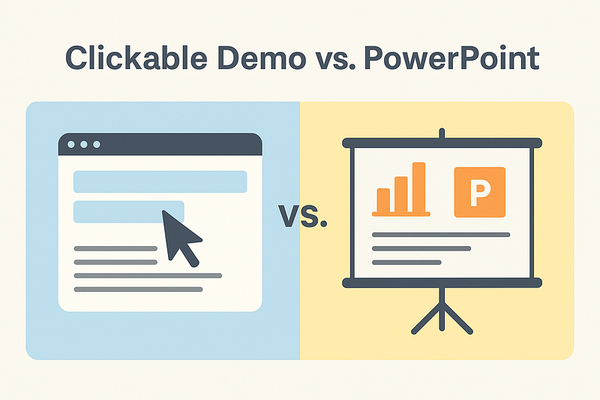The Rise of Artificial Confidence
If you ever spent time on Stack Overflow, you know how humbling it could be. No matter how carefully you wrote your question, someone would…

If you ever spent time on Stack Overflow, you know how humbling it could be. No matter how carefully you wrote your question, someone would tell you you were wrong… usually several people. Sometimes they were right, sometimes they were just showing off, but the result was the same. You learned fast that confidence didn’t count for much without proof.
That was part of the culture of early tech. You got used to being corrected in public. It stung a little, but it made you sharper.
Now fast forward to today. You can ask an AI the same question you once posted on Stack Overflow and get an answer that’s fluent, polished, and completely sure of itself. No hesitation. No correction. No friction.
And that’s where the problem starts. That confidence feels good… maybe too good.
What we’re seeing now is something new… a kind of synthetic certainty that looks like intelligence but isn’t. I’ve seen some starting to refer to it as artificial confidence.
What Artificial Confidence Really Is
Artificial confidence happens when an AI system sounds sure even when it has no real basis for that confidence.
Large language models are trained to predict what sounds right, not necessarily what is right. They’re fluent by design. Every answer feels grounded and well structured, even when it’s completely off base.
Over time, that kind of feedback reshapes how we think. When every tool gives us clear, confident answers, we stop questioning. We stop testing our assumptions. It starts to feel like we’re always right.
It’s a subtle shift… but it changes how we make decisions.
Why It’s Spreading So Fast
Part of it is human nature. We’re drawn to confidence. In meetings, in hiring, in leadership… we associate certainty with competence. When an AI speaks with perfect calm and clarity, our brains treat that as authority.
But it’s also built into the technology. Generative AI is trained to optimize for coherence and confidence. The smoother it sounds, the more users trust it. That means the system gets rewarded for style, not substance.
And then there’s the hype. Every vendor is promising “autonomous AI” or “AI that thinks.” That language invites people to trust the system more than they should. The cultural script has shifted from “AI can assist you” to “AI knows best.”
Why It Matters for Business
Artificial confidence doesn’t just make people over trust chatbots. It’s quietly reshaping how organizations make decisions.
- A legal AI says a contract clause is fine… “confidence 96%.” But a single altered word changes who’s liable.
- Your new AI-based cybersecurity platform reports “no threats detected… confidence 98%.” It misses a slow-moving attack because it was never trained on that pattern or can’t recognize zero-day threats.
- A financial forecasting model produces numbers that look solid, but its underlying assumptions haven’t been unintentionally changed due to unanticipated error in underlying data.
In each case, the system sounds right… and that’s enough for someone to stop asking questions.
Artificial confidence is dangerous because it hides behind good design and fluent language. It doesn’t look like an error. It looks like clarity.
How Leaders Can Push Back
There are a few simple ways to guard against it.
- Calibrate and validate: If an AI says it’s 90% confident, test that claim. Track how often it’s actually right. Most systems aren’t even close.
- Keep experts in the loop: Automation should help people make decisions, not replace them. Human review adds context and sanity checks that models can’t.
- Ask for transparency: Confidence scores mean nothing without evidence. Ask how they’re calculated. Ask what data is missing.
- Rebuild a culture of challenge: Encourage people to question AI results and to double-check important outputs. Make “Are we sure?” a normal part of your process.
The Bigger Picture
Stack Overflow could be brutal… but it taught us something valuable. It reminded us that being wrong was part of learning. You earned confidence by proving it.
AI doesn’t give us that friction. It gives us comfort. It makes us feel right all the time.
That might be fine when you’re writing code or brainstorming ideas, but in business… where accuracy matters… it’s a problem.
Artificial confidence isn’t intelligence. It’s a reflection of our desire for certainty. The organizations that succeed with AI won’t be the ones that move fastest… they’ll be the ones that question it most carefully.
In a world where every answer sounds right, leadership should start with a simple question… Are we sure?


